
Physiology News Magazine
New Council Members: Meet our latest Trustee and Affiliate members
Membership
New Council Members: Meet our latest Trustee and Affiliate members
Membership
https://doi.org/10.36866/pn.101.36
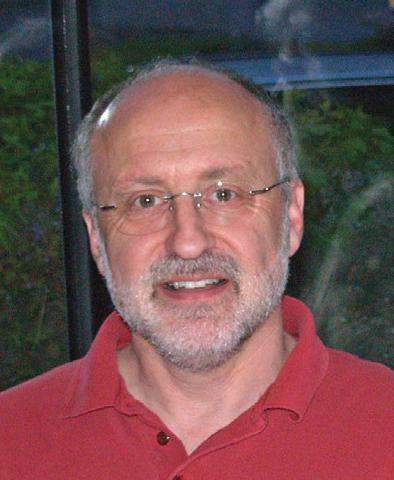
I started my research career in a Department of Physiology (1982, Kings College London), becoming an affiliate member almost immediately. The Society has been my natural home ever since, with its unique blend of intellectual and scientific rigour coupled with accessibility and collegiality. I have been a regular participant in Society meetings throughout, and have benefitted greatly from society membership; from valuable networking opportunities, travel grants to visit other laboratories and support to fund and organise Symposia. This has made me very much aware that The Society’s success depends upon full and active participation of the membership. I am therefore delighted to have the opportunity to join the Council to help guide the governance of The Society.
The Society’s membership numbers have waxed and waned in the intervening years, but its current resurgence shows the success of the course now being plotted. I feel it also reflects the growing appreciation in the wider scientific community how essential physiological research is for uncovering the function of all the genes and proteins that have dominated biological research in recent decades. I will support any evolutionary change that helps maintain this vibrancy and relevance, and not just change for change’s sake. I will also support plans to perpetuate and enhance the historical rigour and quality of those journals.
I regularly see at first-hand the enthusiasm for hands on Physiology at all levels, whether by hosting school pupil work placements, supervising undergraduate lab projects or during public engagement events. I will encourage the development of more engagement opportunities at all levels. Finally, the current economic climate means it is more important than ever for The Society to lobby vigorously for research funding, highlighting the fundamental importance of Physiology. The Council of Trustees has a substantial role to play in all of these matters and I will contribute energetically to this future work.
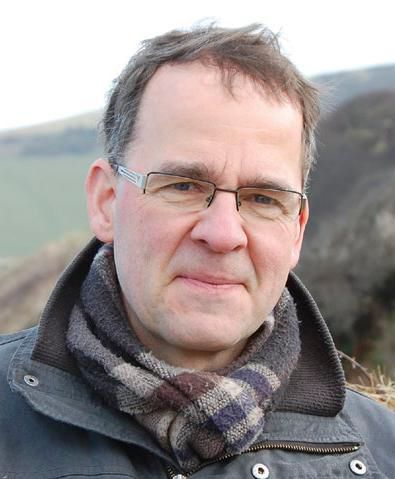
I became an affiliate member of The Physiological Society while doing my DPhil at the University of Oxford and have been a full member since 2001. I have been very much an active member throughout, first as co-convenor of the Development & Plasticity Special Interest Group and then as theme lead for the Cellular & Integrative Neuroscience theme from 2010 to 2014. I have co-organised a themed meeting (Cardiff 2009) and have been involved in the selection of symposia for both themed and main meetings. I was a member of the programme committee for IUPS 2013. In addition, I have reviewed numerous neuroscience related grant applications for The Society during my tenure as theme lead.
At Cardiff University, I am Head of the Neuroscience Division within the School of Biosciences. I have led a research group for the past 15 years, which has been funded throughout by grants from MRC, BBSRC, Wellcome Trust and EU. At the same time, I am very much involved in teaching our BSc Biomedical Sciences and Neuroscience students.
At the University’s Neuroscience & Mental Health Research Institute I am responsible for public engagement and have been involved in organising public lectures and open afternoons for stakeholders and policy makers, Brain Bee competitions for A-level students and Brain Games for primary school children and their families. Finally, I am on the editorial board of Current Biology and Journal of Neuroscience Methods.
I hope to be able to continue to contribute to The Society as a Trustee. Through my previous roles, I am familiar with how The Society works and have shown my commitment to it. I believe that because of my experience in these areas I am well equipped to shape the future direction of The Society in terms of outreach and engagement with the public, promoting physiology to the outside world, and with respect to policy (esp. education and animals in research). Above all, I want to ensure that The Society keeps offering great value to its members through cutting-edge scientific meetings, high quality publications and grant support.
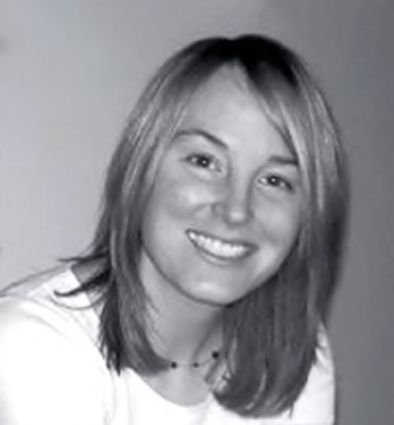
I have been a member of The Physiological Society since 2001 and have been actively involved in the meetings and various aspects of The Society since then. My first official role was in 2001 as the last Special Interest Group convenor for Comparative Physiology. Through this role, I attended council meetings and became familiar with the workings of The Society. Much of the early work in physiology, including that of some of the founders of The Physiological Society, used non-mammalian models to understand fundamental processes. My current research is still very much focused on comparative physiology and spans the cardiovascular and environmental physiology fields. So, I have wide-ranging interests in research areas across themes.
During the 14 years, I have been a member of The Society, I have contributed to meetings with posters and oral presentations of my research.
I have been involved in organising sessions and symposia both at The Physiological Society’s Annual Main Meeting and in representing The Physiological Society at meetings with sister societies internationally. My postgraduate students have competed for various awards and we have hosted a number of undergraduate summer studentships sponsored by The Physiological Society.
I take this responsibility very serious, and strive to maintain the excellent work of The Physiological Society. I am interested in promoting equal representation of all Physiological Society themes in any new ventures or decisions.
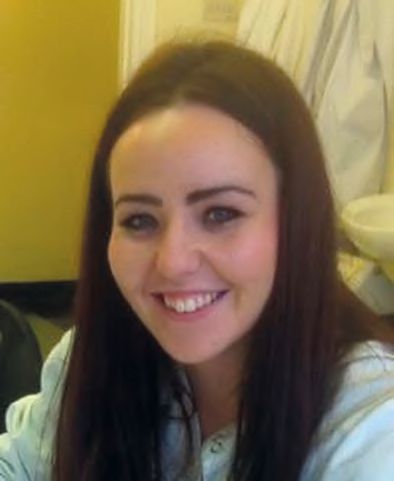
My career as a physiologist started 7 years ago when I undertook an undergraduate degree in the University of Liverpool in physiology. Following this, I went on to gain an MRes in clinical sciences. I have recently a PostDoc, which aims to identify the effect of MicroRNA’s on skeletal muscle ageing. The project builds on my PhD, during which I studied the effect of inflammation and the polyphenol resveratrol on skeletal muscle ageing. I have been a part of The Physiology Society for over two years and I am looking forward to my role as the affiliate representative for The Society. In my role, I hope I can make valuable contributions and complement existing strengths in diverse areas within The Physiological Society. My interests particularly lie in the outreach department, as I think it is extremely important that we communicate our science to the public and allow them to get excited about new projects that are being undertaken. I have previously been involved with numerous outreach activities within The Society and now sit on the committee for the outreach department.
I have previous experience in similar roles, as I was the final year representative for my undergraduate physiology course at the University of Liverpool. I am also an active member of the Athena Swan Team in the Institute of Ageing and Chronic Disease at the University of Liverpool for which we are proud to have successfully achieved a silver award, and I would like to bring my experiences on promoting gender equality, particularly in career development, to The Physiological Society.
I am relishing the opportunity to represent the affiliate members of The Society, as well as getting further involved within The Society and taking part in discussions to ensure that my peers’ views are heard and also make an impact on the way The Society runs and welcome any thoughts or comments from the physiology members.
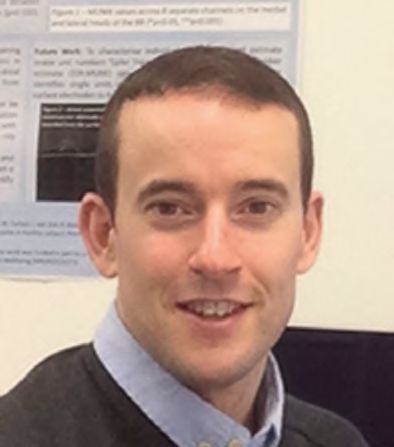
I first became a member of The Physiological Society as an undergraduate studying biomedical science at Manchester Metropolitan University. A PhD at the same university closely followed and I am now several weeks into my post as a Research Associate. My area of research is neuromuscular physiology. More specifically, it involves researching the neuromuscular changes that occur with ageing such as motor unit remodelling, and how lifelong exercise may affect this. My average workday may include data collection using electromyography, whereby we insert small needles into contracting muscles, or carrying out the seemingly never ending data analysis, which I’m told is a rite of passage for all PhD students.
These are exciting times for affiliates in The Physiological society. The Society as a whole is expanding, and the number of affiliate members has increased by around 20% since the end of 2013. There are also some interesting meetings planned for the future, with the possibility of a meeting focusing on PhD students and early career researchers. This will present an opportunity for affiliates to attend a specialist conference and present their work, and shows that the benefits of being a member of The Societygo above and beyond the availability of travel grants.
With this in mind, I would encourage all affiliate members to engage in future events as much as possible. Please feel free to contact me if you think there are any issues that should be included in council meetings.
